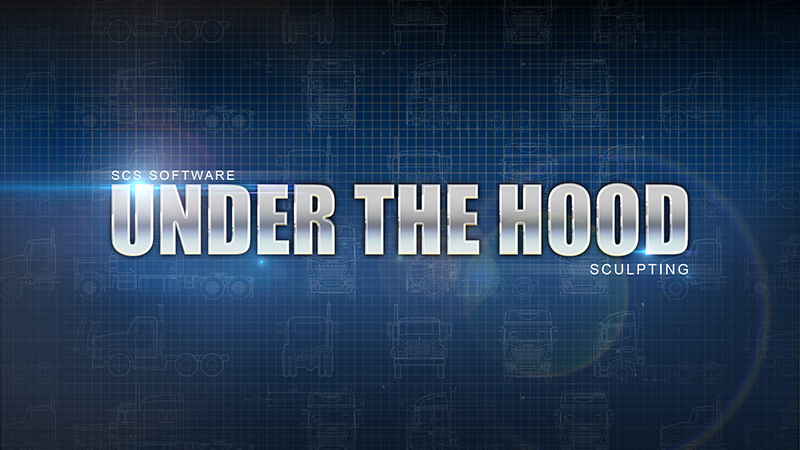/cdn.vox-cdn.com/uploads/chorus_image/image/72416067/call_of_duty_anti_cheat_hallucination.0.jpg)
Image: Team Ricochet/Activision Blizzard
Oli Welsh
is elderly editor, U.K., supplying information, evaluation, and also objection of movie, TELEVISION, and also games. He has actually been covering business & society of video clip games for twenty years.
Call of Duty’s rip off authorities, that pass the name Team Ricochet, have actually exposed a specifically creative brand-new anti-cheat step: “hallucinations” of fictional gamers that just cheaters can see.
As discussed in Team Ricochet’s latest blog, these hallucinations are decoy personalities that can just be found by cheaters, yet are undetected by genuine gamers. To the cheaters, however, they look and also act like genuine gamers on the opposing group; they’re not AI personalities, yet duplicates of one more energetic individual in the suit, resembling that gamer’s activity. They likewise show up authentic to the rip off software and hardware being made use of, providing the dishonesty gamer with all the immoral info they would certainly anticipate.
It’s an innovative and also practically remarkable method of disorienting and also disruptive cheaters within a game, yet you might locate on your own asking: Why trouble? Why not simply kick the dishonesty gamer from the game, prohibit them, and also be performed with it?
Team Ricochet discuss that the hallucinations are released as “mitigations” — “in-game roadblocks” that tinker cheaters and also stop them influencing the games of others, while Team Ricochet observes the unlucky cheats and also collects information which can assist the anti-cheat team remain in advance of the most up to date innovation. Essentially, they’re transformed from a hassle right into a useful guinea pig (prior to consequently being outlawed from the game).
Even extra delightfully, the hallucinations can be made use of to spot and also validate cheaters. If Team Ricochet presumes a gamer of dishonesty, they can put a hallucination near them that’s just noticeable to their rip off devices. If the gamer after that connects with the duplicated hallucination by any means, they’ve simply “self-identified” as a cheater, in a poetic self-own.
Combating rips off is hard and also irritating, yet it commonly motivates some splendidly innovative, not to claim justifiably spiteful, remedies. Team Ricochet’s hallucinations sign up with an anti-cheat hall of popularity that consists of the secret Dota 2 “honeypot” that enticed 40,000 cheaters to their ruin; Fall Guys’ hellish “cheater island”, which condemned cheaters to just matchmake with various other cheaters; and also fake cheat software for Counter-Strike: Global Offensive that cooked up slapstick embarrassments for prospective cheaters by making them blow themselves up or toss themselves off the map.
You can, nonetheless, have way too much enjoyable penalizing the cheats. Team Ricochet discussed that it had actually quit making use of one more reduction it called “quicksand”, which would certainly slow down the activity of dishonesty gamers, making them resting ducks, along with arbitrarily changing their input setups. It was “a fun mitigation to deploy against bad actors,” the group claimed, yet it might likewise be sidetracking and also simply simple unusual for genuine gamers to see the cheats all of a sudden relocating at half-speed and also acting unpredictably.
Since their goal is for genuine gamers’ experience to be totally uninterrupted, Team Ricochet allow mire go — with what appears to me, in spite of the extremely expert tone of their blog site, some remorse. Now that’s true heroism for the battle on cheats.
Source: Polygon


